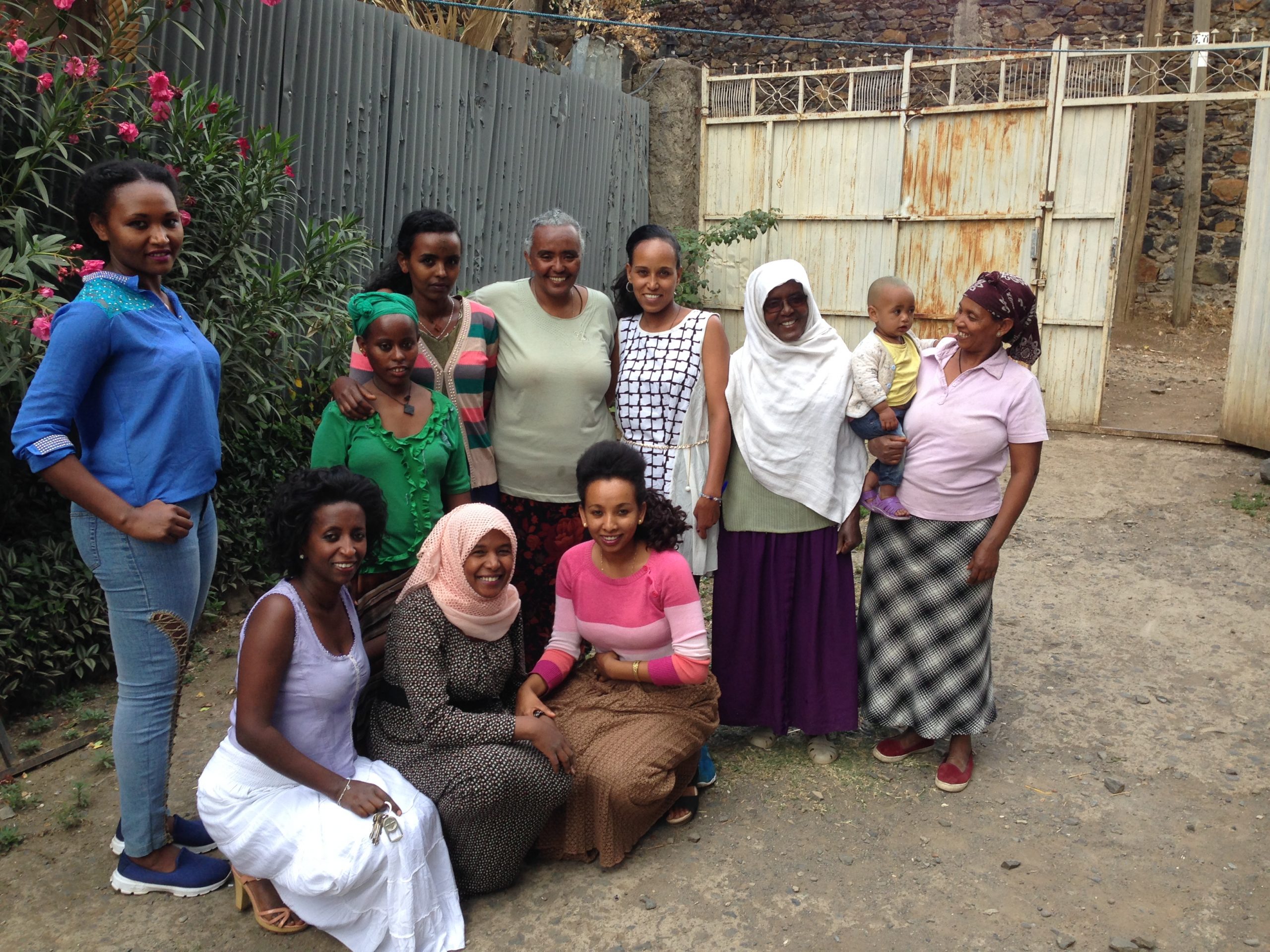Written by Rahel Yibrish.
Today is International Women’s Day, an opportunity to celebrate the social, economic, cultural and political achievement of women across the world. Gender parity is something Link Ethiopia is deeply passionate about and our team are champions for girls’ education not just today but every day.

Celebrating our Link Ethiopia and Kindu Trust female leaders
International Women’s day was proposed in 1910 by two German advocates for women’s rights, Luise Ziets and Clara Zetkin, who tirelessly promoted equal rights for women. More than a century later tremendous changes in terms of gender equality have been achieved in parts of the world but there is still a lot of work to be done.
Research shows that globally women’s education, health and violence towards women is still worse than that of men. For instance, in Ethiopia the adult literacy rate as of 2015 shows that only 41% of women are literate, whereas 57% of men can read and write. Far fewer girls are enrolled in secondary education than boys.
There are still many obstacles that young women face which restrict them from receiving the education they deserve. This includes early marriage, the burden of house chores on young girls, lack of positive female role models, the prioritisation of young boys over girls to continue their education and many other socio-cultural beliefs and practices which have contributed to the difference in the gender gap.

“When women have the same opportunities as men, families and societies thrive.” – Bill Gates
We believe that delivering on the universal right to education, with a particular emphasis on girls’ education, is both morally right and generates significant social and economic return on investment. The African proverb which says “if you educate a man, you educate one person but if you educate a woman, you educate a nation” has come to be supported by real data which shows that educated women not only increase their personal earning potential but also reduce poverty and increase life expectancy in their communities. The effects carry from one generation to the next since educated women have fewer, healthier and better educated children. Educating more girls is vital for social and economic development.
The promotion of girls’ education has always been a central part of Link Ethiopia’s work. We believe it is important to enable girls to stay in school, improve their grades and realise their full academic potential. Through our sponsorship programme more than 75% of the children we support are girls, and this proportion is increasing. A year and a half ago we established a steering committee in Ethiopia as a way of getting more women involved in leading the gender equality conversation and providing a forum for women from a range of backgrounds and experiences to consider the factors affecting women and girls’ development in the Amhara region, particularly related to education. The committee provides advice and insight for new initiatives to support girls in Link Ethiopia programmes as well as review progress of girls’ education projects as they are being implemented. An example project which is currently underway is the provision of loans and grants which support families of girls that may otherwise be unable to stay in school. We received funding to support eight girls in the grant project and four families in the loan project. The aim is to help each family to generate income for the household which in turn will allow the girls to remain in school for longer.
Link Ethiopia will continue to focus on empowering more girls through the promotion of education. We will continually celebrate the increasing number of successful Ethiopian women, such as Eleni Gabre-Madhin (economist), Bethlehem Tilahun (entrepreneur and founder of SoleRebels), Seble Hailu (president of the Association of Women in Business), Amsale Gualu (first female captain of Ethiopian airlines), and Tsigie Haile (bank director and leader of Women in Self Employment), who are inspiring the next generation.
If you would like to join us and support girls’ education, please do get in contact ([email protected]).